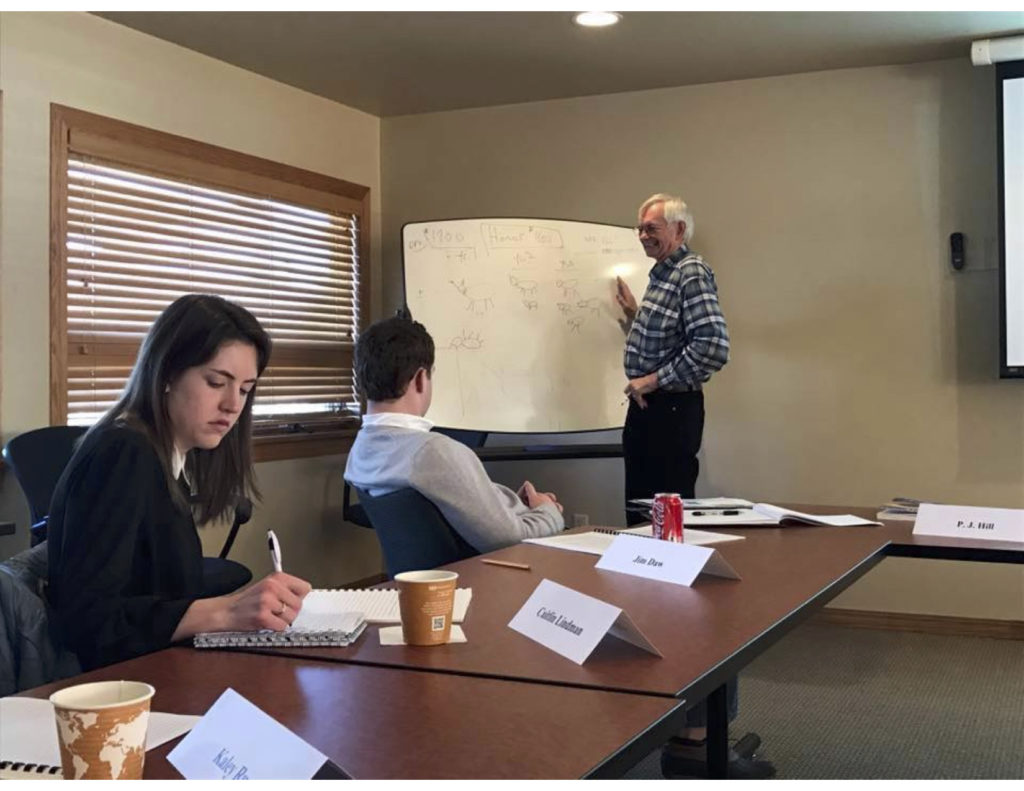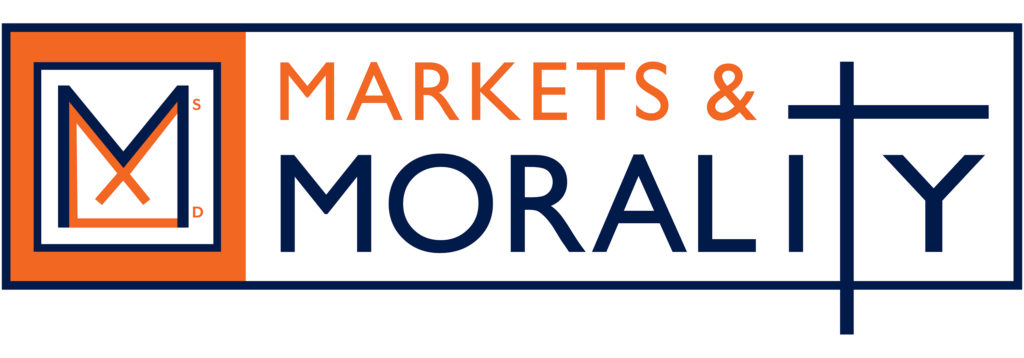By Regan Corum and Sarah Estelle, Hope College
Environmentalists and economists agree: Sustainability of natural resources is an important, timely issue. It’s worth our best efforts now to conserve and wisely utilize society’s scarce resources.
This Labor Day, Hope College’s Markets & Morality program is hosting a virtual event on stewardship, environmental health, and markets featuring economist Dr. P.J. Hill. Hill is a senior fellow at the Property and Environment Research Center in Bozeman, Montana, and professor emeritus of Wheaton College.
His lecture “Stewardship for Everyone: An Economist’s Proposal for Environmental Health” will consider effective strategies for reaching our environmental goals. In the process, Hill will draw on three distinct but complementary perspectives – conservation, Christian thought, and economics.
Economics is, at its core, a science of resource allocation. The economist’s toolkit is designed to consider competing uses of society’s limited resources. Basic economic principles, therefore, readily apply to issues of environmental degradation in ways that account for the full cost of natural and environmental resources.
Hill is likely to discuss the relative strengths and weakness of private initiative, market mechanisms, and government regulation, both in theory and as born out in practice. Environmental economists have had notable success in facilitating resource conservation with practices and institutional structures that are “incentive compatible.”
Put simply, people have greater incentives to conserve what they have a stake in. These stakes should be protected by a rule of law characterized by broadly held and legally enforceable property rights.
Recent examples of the success of property rights can be found in emissions trading, riparian water rights, fishing and aquaculture, and megafauna conservation.
What is especially promising about the economic way of thinking as applied to the environment is that it only complements stewardship efforts motivated by otherwise sincerely held environmental concern. By focusing on and implementing effective strategies for resource conservation and environmental sustainability, economists provide a practical toolset of value to environmentalists of all stripes.
Community members from Holland and beyond are invited to the online event, cosponsored by Hope’s Department of Economics and Business, Hope College Green Team, and the Acton Institute. Hill’s lecture will begin at 7 p.m. on Monday, Sept. 7 and will be followed by time for audience questions.
For more information on this public lecture event as well as a link to register for free online access, visit the Hope College’s calendar at https://calendar.hope.edu/event/stewardship_for_everyone_with_dr_pj_hill or email
marketsandmorality@hope.edu.
Regan Corum is a junior business and economics major at Hope College where she is a member of Markets & Morality. She attended the selective PERC Student Summit in 2020. Sarah Estelle is the director of Markets & Morality and associate professor of economics at Hope College.
This Week’s Sustainability Framework Theme
Economic Development: Businesses and the local consumers are driving engines that generate capital for growth and development. We want to be a location of choice for new business and industry.
ABOUT THIS SERIES
Living Sustainably is a collection of community voices sharing updates about local sustainability initiatives. It is presented by the Holland-Hope College Sustainability Institute, a joint project of Hope College, the City of Holland and Holland Board of Public Works. Go to www.hope.edu/sustainability-institute for more information.



